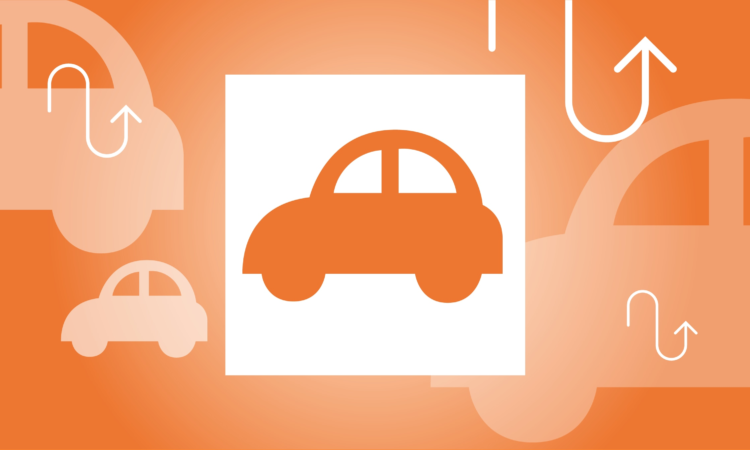
Because of the strength of its intangible assets, including brand and intellectual property, BMW BMW has a narrow economic moat rating. Brand strength has enabled premium pricing across all of BMW’s products, while intellectual property supports the brand image with strong product execution, especially in powertrains.
BMW continues to outperform the overall car market despite uncertainties from the microchip shortage and is one of only a handful of automakers to which we assign an economic moat. As emerging-market consumers become wealthier, many will purchase luxury items for the first time. Given the aspirational nature inherent in the company’s brands, including BMW cars and motorcycles, Mini, and Rolls-Royce, as well as the growth potential from increasing wealth in developing markets, we believe the company will continue to reward investors with solid returns.
BMW has consistently produced vehicles that command premium pricing and generated revenue increases above global vehicle growth rates. From 2004 to 2022, worldwide light-vehicle sales grew at a 1.7% average annualized rate. During the same period, BMW consolidated revenue and automobile unit volume grew at annual averages of 6.6% and 3.0%, respectively. BMW also has a long-term goal to generate automotive segment EBIT margin of 8%-10%. The company has achieved a 15-year historical median industrial (includes Motorad) EBIT margin of 8.9%, demonstrating its ability to meet its margin objectives. Since 2002, on average, the company has outearned its cost of capital annually by 810 basis points, a solid performance for an automaker.
BMW was included in an EU antitrust case covering diesel equipment collusion. The case was not related to “dieselgate” and covered German automakers practices in AdBlue urea injection to lower diesel emissions. The company took a EUR 1.4 billion provision in 2019 for a potential fine. In the second quarter of 2021, the firm reversed the provision by EUR 1.0 billion as it was fined EUR 373 million by the EU. However, we maintain a EUR 2.8 billion carve-out from our fair value estimate for potential ESG risk related to emissions.
The author or authors do not own shares in any securities mentioned in this article.
Find out about Morningstar’s editorial policies.



